Troubleshooting UV Glue: When and Why Your Adhesive Fails

Has My UV Adhesive Gone Bad?
When it comes to eyelash extensions, you’ll eventually wonder: Has my UV adhesive gone bad? While UV-cured adhesives provide a more controlled curing process than moisture-cured formulas, they’re still subject to chemical changes over time. In this post, we’ll explore the science behind UV adhesive breakdown, how to test your adhesive, retention troubleshooting, and how products like Evlo Lash Co’s Halo UV lash adhesives can help you achieve reliable, long-lasting bonds.
Understanding UV Adhesive Basics
UV adhesives rely on photoinitiators—special compounds that react to a specific wavelength of UV (or LED) light. When the correct UV light shines on the adhesive, these photoinitiators trigger a fast polymerization reaction, causing the adhesive to harden and form a secure bond.
- The Halo UV Lash Adhesives are formulated to cure quickly under a compatible UV light source, such as the Halo UV Light or Halo Focus UV Light. These lamps are designed to deliver the correct wavelength and intensity for optimal curing.
Despite the advantages of faster, more controlled curing, a UV adhesive’s shelf life and effectiveness can be affected by:
- Storage Conditions
- Environmental Exposures (UV light, temperature, humidity)
- Chemical Composition & Photoinitiator Stability
The Science of UV Adhesive Degradation
1. Photoinitiator Breakdown
Photoinitiators enable UV adhesives to cure rapidly. Excess heat or exposure to ambient UV light—like sunlight or strong indoor lighting—can degrade these compounds. As a result:
- The adhesive may cure more slowly or not cure fully under the lamp.
- Bond strength can drop, leading to weaker or inconsistent results.
2. Premature Curing from Ambient UV Light
Any source of UV, no matter how small, can start polymerizing the adhesive:
- Direct Sunlight: Even brief exposure through a window can partially cure the adhesive in the bottle, making it thicker or stringy.
- UV-Emitting Indoor Lights: Certain fluorescent or LED lights emit mild UV rays, causing slow or uneven curing over time.
When partial curing occurs inside the bottle, the remaining product may lose potency or develop a gummy consistency.
3. Temperature Extremes and Viscosity Changes
Significant temperature fluctuations can disrupt UV adhesives:
- High Temperatures: Accelerate chemical reactions, breaking down or partially curing the adhesive in the bottle.
- Low Temperatures: Thicken the adhesive, making application more difficult. Repeated cycling between hot and cold can degrade the formula.
4. Ineffective Polymerization
If the adhesive’s chemistry has changed substantially, you might notice:
- Slower Cure Times: It takes longer under the UV lamp than the manufacturer’s guidelines suggest.
- Tacky or Incomplete Curing: The adhesive remains sticky or never fully hardens.
- Weak Bonds: Extensions pop off easily, or the bond feels brittle.
Testing Your UV Adhesive
-
Dot Test
- Dispense a small dot of adhesive on foil or tape.
- Use your UV lamp (e.g., Halo UV Light at ~6 inches or Halo Focus UV Light at ~8 inches, per Evlo Lash Co’s recommendations).
- A properly functioning adhesive should cure to a firm, tack-free state within seconds (a dot may take a bit longer due to thickness).
- If it remains gummy or doesn’t harden promptly, the adhesive may no longer be viable.
-
Visual & Physical Inspection
- Color Changes: Darkening or a cloudy appearance could indicate chemical breakdown.
- Texture/Consistency: If it’s thick, stringy, or lumpy—even after shaking—partial curing may have occurred inside the bottle.
Preventing Early Degradation
-
Store Properly
- Keep the bottle sealed in UV-blocking packaging (e.g., the UV pouch included with Evlo Lash Co’s Halo UV adhesives).
- Store it away from direct sunlight at moderate room temperature (about 68–72°F / 20–22°C).
- Most UV adhesives should not be refrigerated unless specifically advised by the manufacturer.
-
Minimize Exposure
- Dispense small amounts at a time, then recap immediately to limit contact with air and light.
- Use your UV lamp only when you’re ready to cure the adhesive, and keep the adhesive bottle away from the lamp’s direct beam.
-
Follow a Replacement Schedule
- Many brands, including Evlo Lash Co, recommend replacing opened bottles every 45–90 days to maintain peak performance.
- If you notice changes in cure times or bonding strength, consider replacing the bottle sooner.
Retention Issues and Troubleshooting
Even fresh UV adhesive (like Halo UV lash products) can experience retention problems. Here are some common causes and solutions:
1. Improper Curing Technique
- Lamp Distance or Wavelength: If your lamp isn’t held at the correct distance (Halo UV Light: ~6 inches; Halo Focus UV Light: ~8 inches) or doesn’t match the adhesive’s required wavelength, curing might be incomplete.
- Old or Weak Lamp: UV bulbs/diodes can lose intensity over time. Replace your lamp per manufacturer guidelines.
- Improper Connection of the Foot Pedal: The foot pedal can develop a loose or faulty connection if its wires are pulled out or damaged (e.g., by rolling over the cord). Take care not to tug or roll over the pedal cable. Upgrading to the Halo Foot Pedal 2.0 can help prevent cord-related connection issues and ensure consistent curing performance.
- Not Using the Included Power Block: Each Halo UV lamp is designed to run on a specific power output (typically 5 watts, 1 amp, 5 volts). Using a different power block or plugging into a power strip can overload the lamp, potentially causing it to burn out or short-circuit.
-
Solution:
- Use the Recommended Equipment: Always pair your Halo UV lamp with the included power block. Keep the lamp at the recommended distance and angle, and ensure your foot pedal connection remains secure.
- Perform Routine Checks: Regularly inspect cords for damage, confirm the lamp is operating at full intensity, and replace accessories as needed. Proper care of your equipment helps you achieve consistent and complete cures every time.
2. Application Errors
- Insufficient Isolation: Extensions that stick to adjacent lashes may pull out prematurely.
- Excess or Insufficient Adhesive: Too much can create a bulky or brittle bond; too little can fail to secure the lash properly.
Solution: Refine your lashing technique—use the right amount of adhesive and ensure the extension is properly placed on the natural lash.
3. Client-Related Factors
- Natural Lash Shedding: Seasonal or hormonal shifts can accelerate lash fallout, mimicking poor retention.
- Lifestyle & Aftercare: Frequent eye rubbing, crying, oil-based skincare, or sleeping face-down can break down adhesive or dislodge extensions.
Solution: Provide clients with aftercare instructions tailored to UV adhesive—avoid oil-based products, minimize rubbing, and keep lashes clean and dry when possible.
4. Environmental Influences
- Humidity or Extreme Temperatures: While UV adhesives (like Halo) are less humidity-sensitive than moisture-cured glues, very high or low humidity levels can still impact how the adhesive handles before curing.
- Work Environment: If your workspace is overly hot or cold, it can affect the adhesive’s viscosity and the final bond strength.
Solution: Maintain a stable lash room environment; use a dehumidifier or air conditioner if needed, and keep the temperature comfortable.
Summary: Why UV Adhesive Can “Go Bad”
Think of UV adhesive—like Evlo Lash Co’s Halo—as a special light-sensitive formula that needs the right conditions:
- UV adhesives have photoinitiators that harden when exposed to the correct UV light.
- Heat and stray UV light (sunlight, bright indoor lamps) can degrade these ingredients or partially cure them in the bottle, causing a thick, gummy, or useless product.
- If a quick dot test shows it won’t cure under the proper UV lamp, it’s likely expired or compromised.
- Retention issues aren’t always the glue’s fault—application technique, lamp condition, and client aftercare each play a major role.
Conclusion
UV adhesives—including Evlo Lash Co’s Halo UV lash products—are powerful tools for achieving fast, reliable bonds with lash extensions. However, factors like ambient UV exposure, temperature fluctuations, and time can degrade their effectiveness. By storing the adhesive properly in UV-blocking packaging, testing it regularly, and following best practices for application and curing, you’ll maintain consistent, high-quality results. And if you encounter retention challenges, remember to examine not only the adhesive’s condition but also your technique, equipment, and client aftercare. A fresh bottle of Halo UV adhesive and a few adjustments to your routine could be the key to perfect retention.
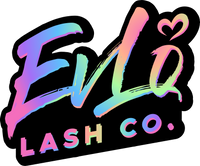

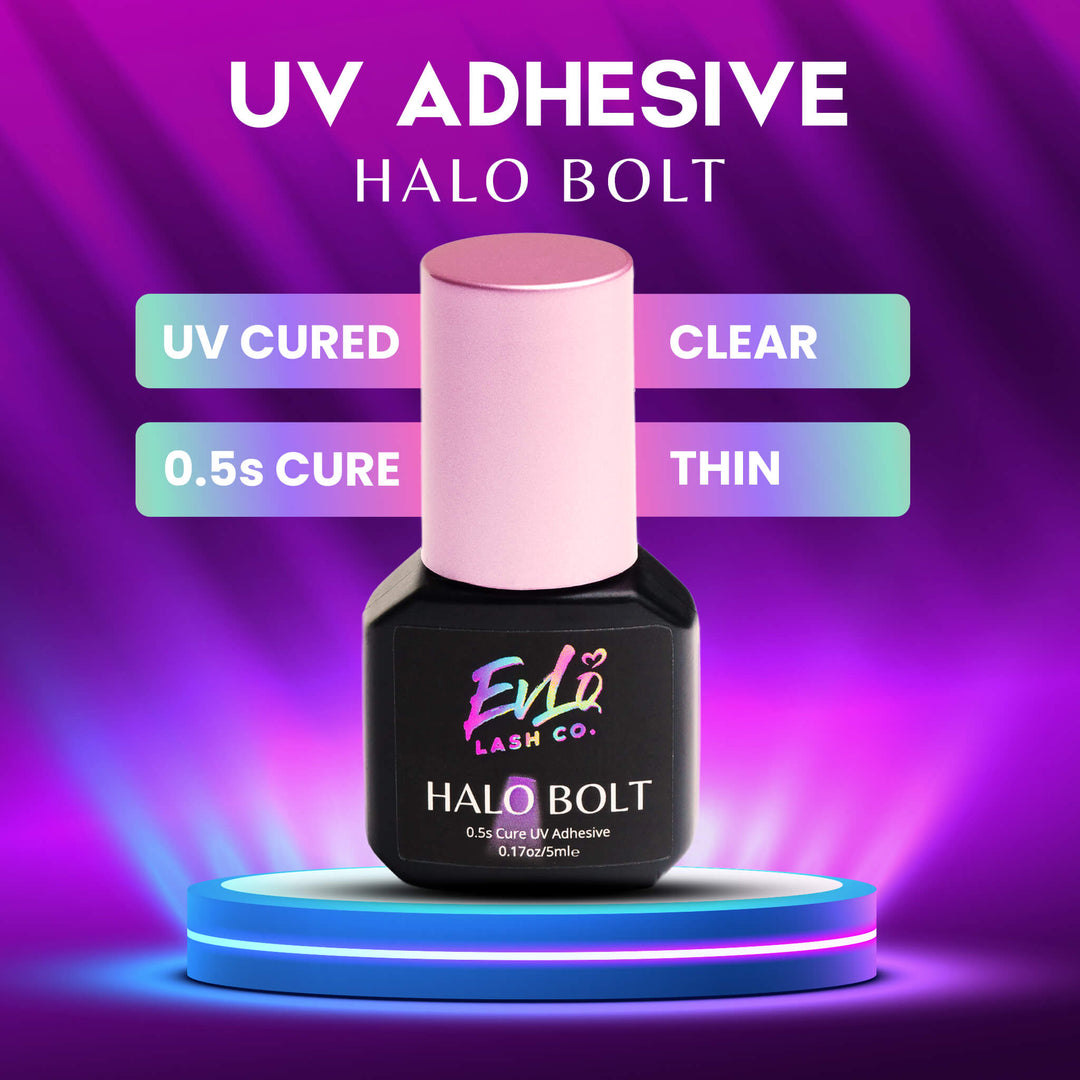
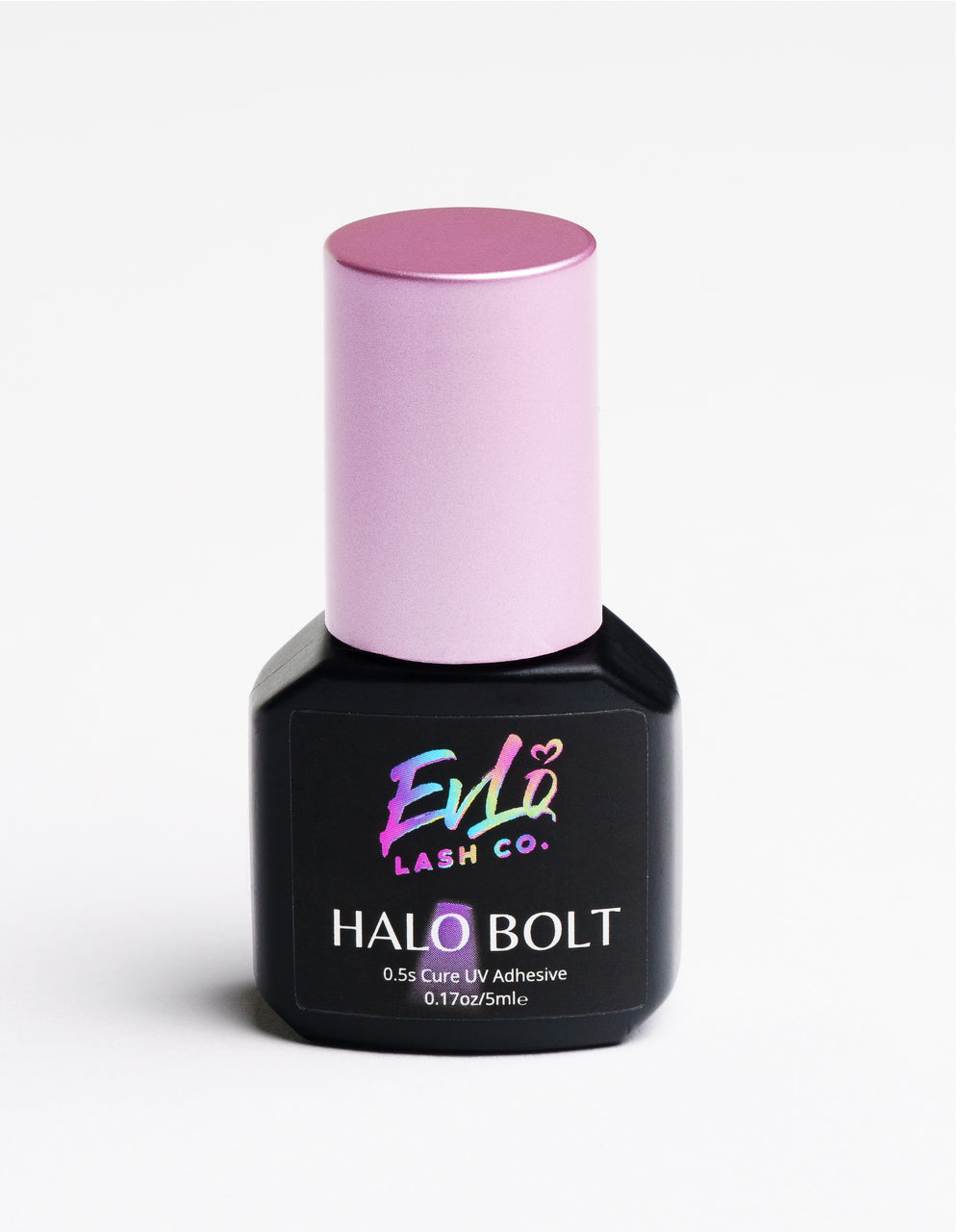
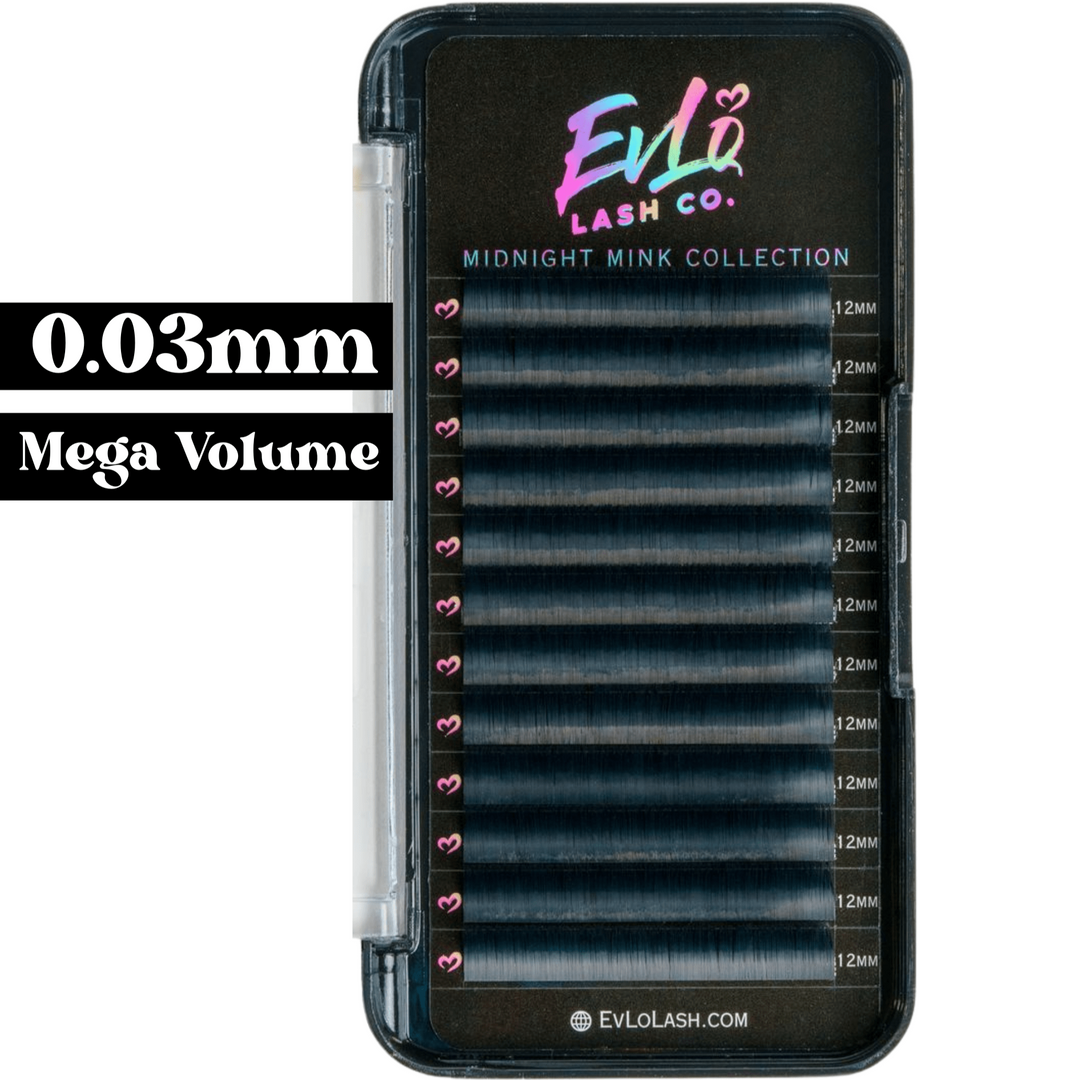
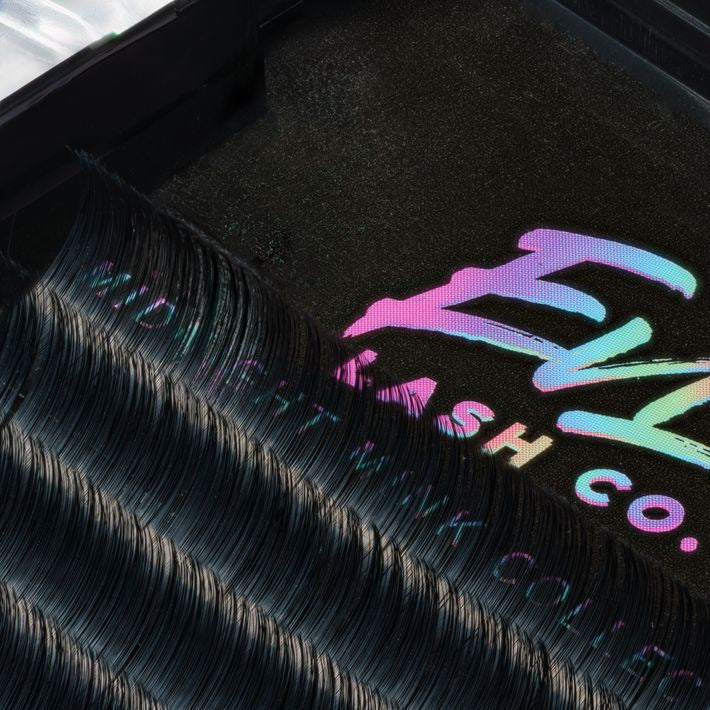
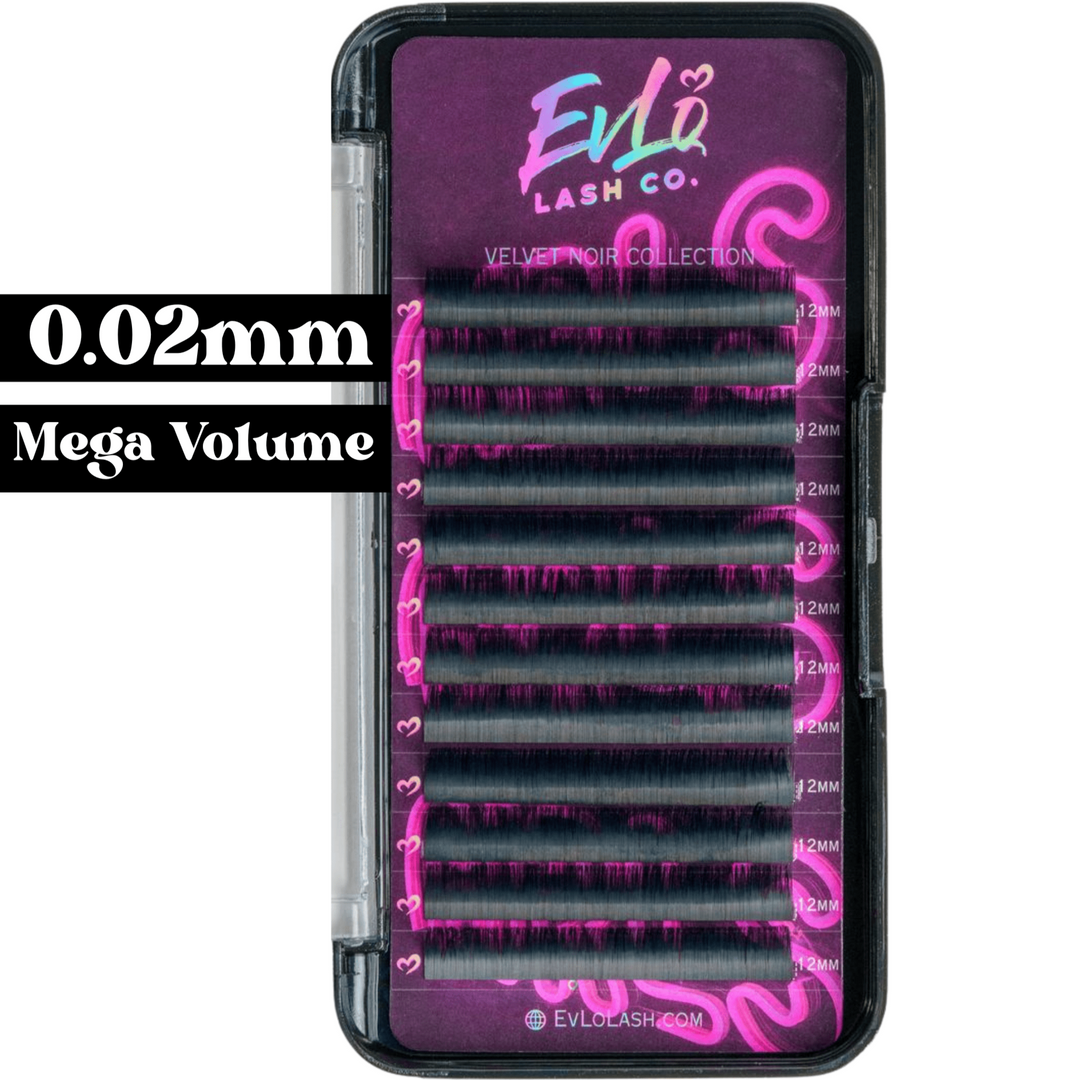
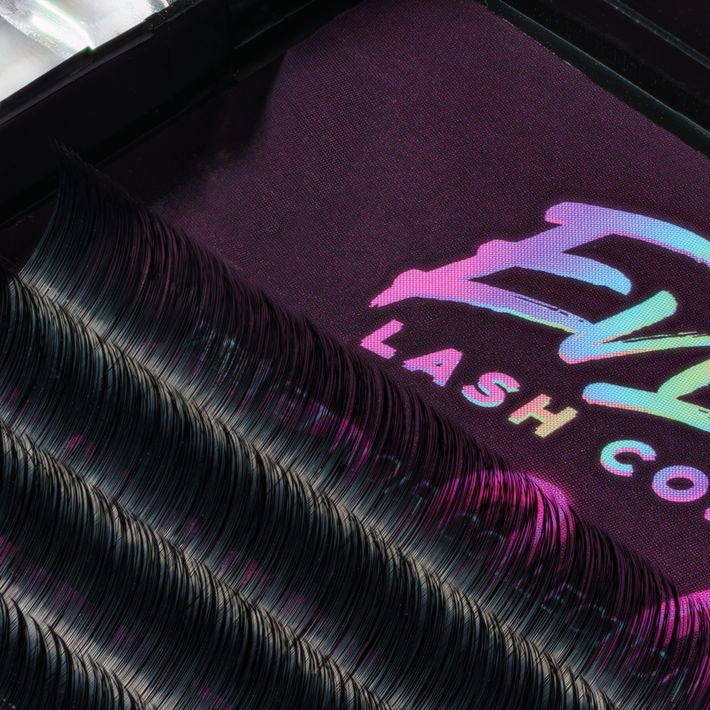
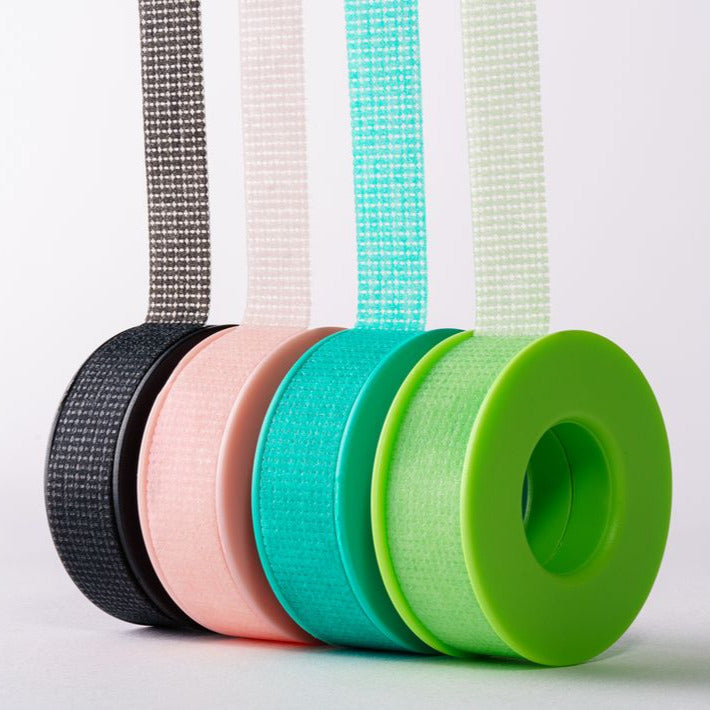
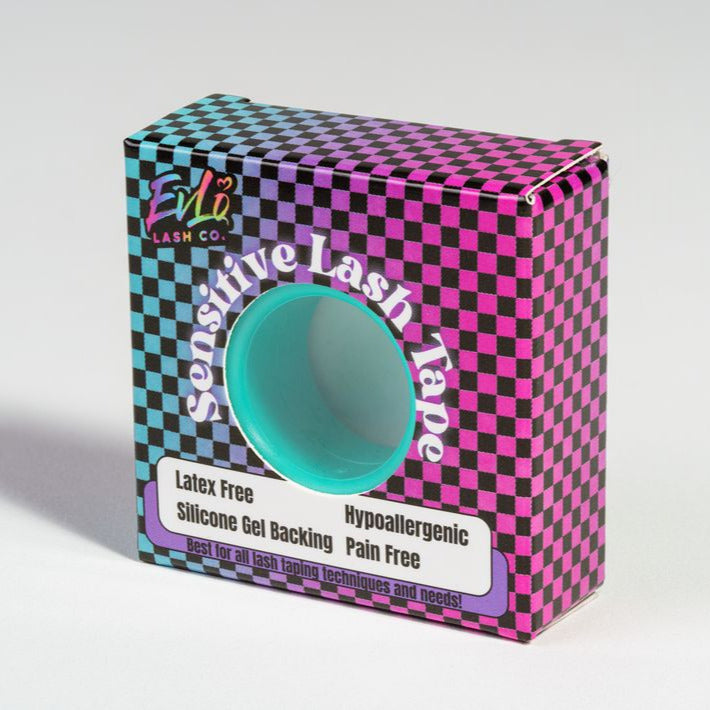



Leave a comment